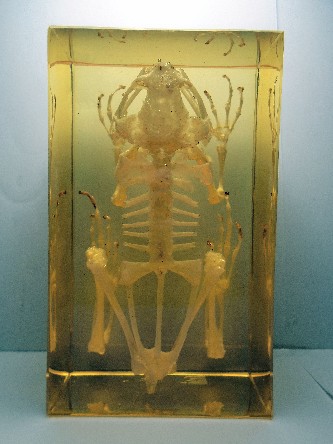


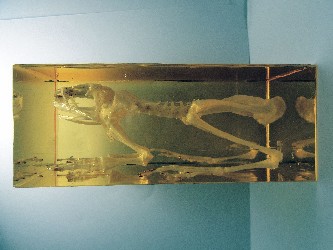

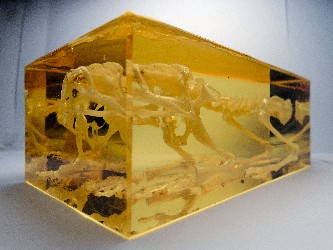

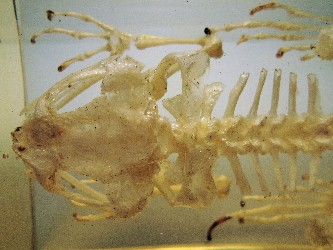


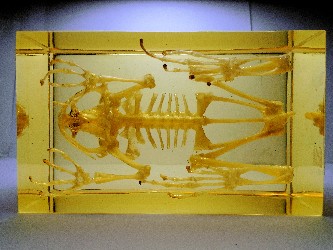

 |
 |
 |
 |
 |
 |
 |
 |
 |
 |
 |
 |
|
Classification Phylum: Chordata Class: Amphibia Order: Anura Family: Dicroglossidae Genus: Limnonectes Species: L.Macrodon
--------------------------------- |
FANGED RIVER FROG
The fanged river frog, Javan giant frog, Malaya wart frog, or stone creek frog (Limnonectes macrodon) is a species of frog in the Dicroglossidae family endemic to Sumatra and Java, Indonesia. Records from other regions are probably caused by misidentifying other species such as Limnonectes blythii as this species. L. macrodon frogs live in forested areas near streams; they breed in streams. Their lowland forest habitat is declining in both the extent and quality, and this once common species is getting uncommon. It is widely collected for human consumption in Java, Indonesia, along with the crab-eating frog (Fejervarya cancrivora). Limnonectes is a genus of fork-tongued frogs of about 74 known species, but new ones are still being described occasionally. They are collectively known as fanged frogs because they tend to have unusually large teeth, which are small or absent in other frogs. Tadpoles of this genus have adapted to a variety of conditions. Most species (e.g. Blyth's river frog L. blythii or the fanged river frog L. macrodon) develop normally, with free-swimming tadpoles that eat food. The tadpoles of the corrugated frog (L. laticeps) are free-swimming but endotrophic, meaning they do not eat but live on stored yolk until metamorphosis into frogs. Before, L. limborgi was assumed to have direct development (eggs hatching as tiny, full-formed frogs), but more careful observations have showed it has free-swimming but endotrophic larvae; this probably applies to the closely related L. hascheanus, too. L. larvaepartus is the only known species of frog that gives live birth to tadpoles. Parental care is performed by males.
|